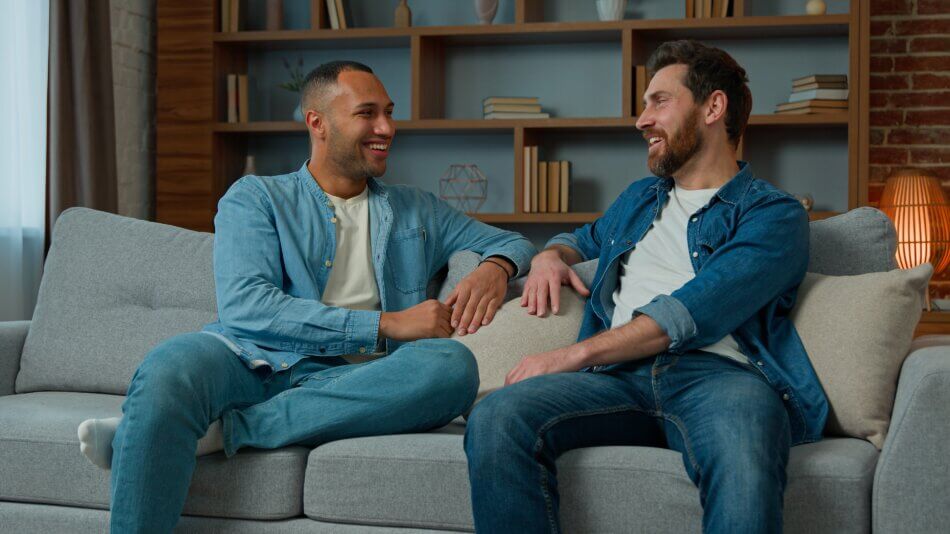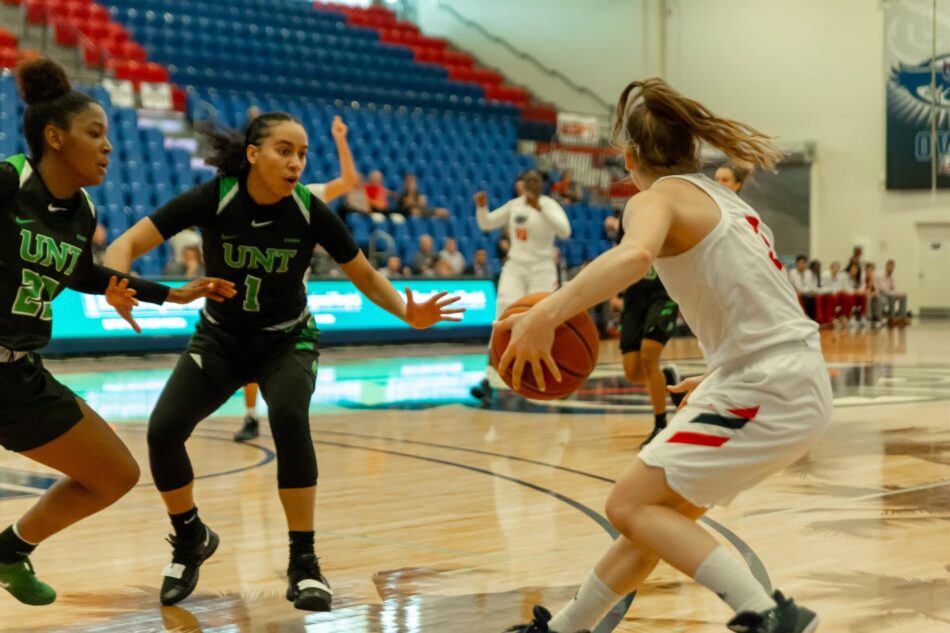At Centered Health, we’re always looking to explore different methods of therapy that can be helpful to those struggling with their mental health. That’s why we jumped at a chance to speak with Susan Day, a Mindful Arts Therapist and published author currently residing in Victoria, Australia. In collaboration with Hillcrest Adolescent Treatment Center and Beachside Teen Treatment Center, we explore the profound impact of Mindful Arts Therapy on adolescents’ emotional well-being and how it can empower teens on their journey to emotional resilience.
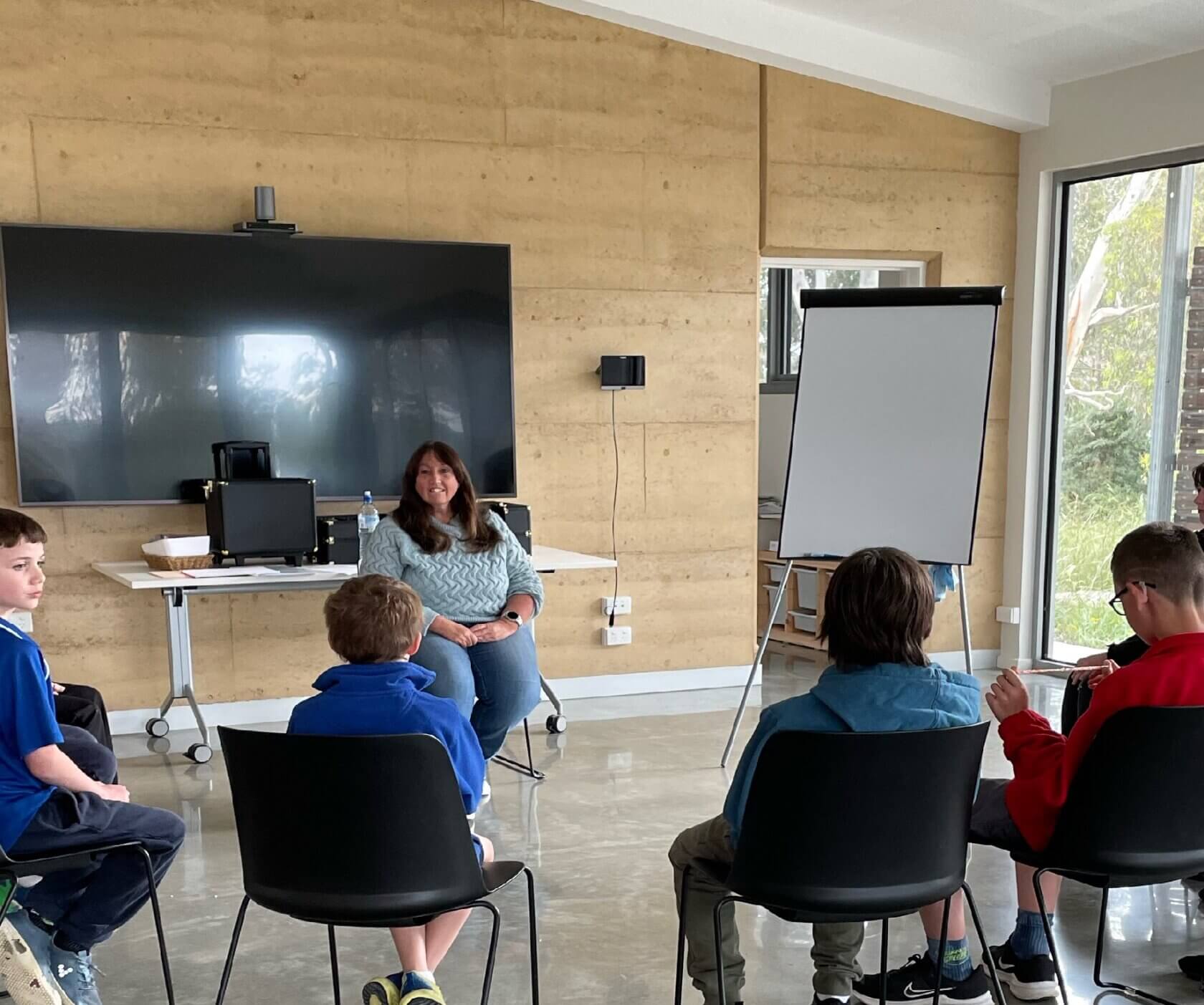
Firstly, could you give a brief overview of Mindful Arts Therapy and your approach for anyone who isn’t familiar with your process?
Mindful Arts Therapy is a holistic approach that incorporates mindfulness practices and art therapy. Through artistic expression, the act of being mindful, and deep breathing exercises, teens can gain a deeper understanding of their emotions, thoughts, and experiences.
Mindful Arts Therapy was created to help participants tap into their inner selves in a non-judgmental and compassionate way. It is rooted in the belief that the process of creating art can facilitate self-exploration, personal growth, and healing.
Unlike art classes, the result is not as important as the journey taken to get there. Mindful Arts Therapy encourages participants to be fully present in the moment of creation. Thus, allowing them to immerse themselves in the creative process without any preconceived notions or expectations. By focusing on the act of creation, participants can let go of their worries, anxieties, and self-doubt, and instead, connect with their inner wisdom and intuition.
In particular, Mindful Arts Therapy provides a safe and non-threatening space for teens to explore and express complex and sometimes challenging feelings that may be difficult to put into words.
In your experience, how does Mindful Arts Therapy help adolescents develop emotional resilience and confidence?
Mindful Arts Therapy helps adolescents navigate the challenges they face in life by empowering them to develop a strong internal foundation. This foundation is built on the ability to be emotionally resilient.
Furthermore, it allows them to develop self-awareness, emotional regulation skills, and a compassionate attitude toward themselves and others. By learning to be present and non-reactive, adolescents can better navigate the ups and downs of their lives with resilience and confidence, better preparing for their transition into adulthood.
Overall, Mindful Arts Therapy equips teens with the tools they need to navigate the challenges of adolescence with greater resilience, self-acceptance, and emotional well-being. By incorporating Mindful Arts Therapy practices into their daily lives, teens can cultivate a sense of inner calm and develop the skills necessary to thrive in an ever-changing world.
Could you share a specific success story or example of how a teenager’s life was positively transformed through Mindful Arts Therapy?
Harriet* was 13 years old when I met her. She had come from a poor background and had recently been fostered. This meant moving away from her family and leaving her school behind. She was lonely and confused. Harriet and I met online with her foster parents. She had always enjoyed writing but had never really taken much interest in art, and she had never even heard of mindfulness.
We worked together, Harriet, her foster family and me for several months. Harriet was a bit skeptical at first and didn’t see the point of drawing or making crafts. As well as the art therapy activities, I taught her how to breathe properly and during each session, she slowly relaxed and became more confident to try new things.
As time went by, Harriet stopped fighting with her foster parents, made new friends at school and engaged with her schoolwork. She is even going to try out for a junior school captain role this spring. The transformation in Harriet seems like a miracle, but I know the power Mindful Arts Therapy has and the amazing influence it can have on troubled minds.
*Details changed to protect the client’s privacy
“I always begin with the idea that my clients already have all that they need inside them to recover and heal.“
Susan Day
Can you describe the unique aspects of your approach in working with teenagers and how it differs from working with adults?
Regardless of who I work with, I always begin with the idea that my clients already have all that they need inside them to recover and heal. Starting from this basis allows me to draw out the necessary skills that are needed for recovery. This is accomplished by mindfulness and art therapy activities which build confidence, and empathy for themselves and others, help develop a sense of gratitude, and find ways to express kindness.
While each activity might look like your average painting or craft session, they are carefully developed and delivered to meet the needs of each individual’s unique self. Their overall recovery is simply a matter of time and can depend upon their commitment to the sessions and their willingness to let go of negative beliefs.
I find adults want to know why they are doing something, and they will put up any number of barriers when it comes to becoming fully immersed in the process. Some might say they aren’t good at art, and therefore art therapy won’t work for them. Others might not realize that they can recover and that there is hope for change.
However, adolescents are more likely to fully immerse themselves in the process of art regardless of what they think. When working with adolescents in groups, sometimes there are behavior issues, but I find these are easily overcome with patience and a non-confrontational approach.
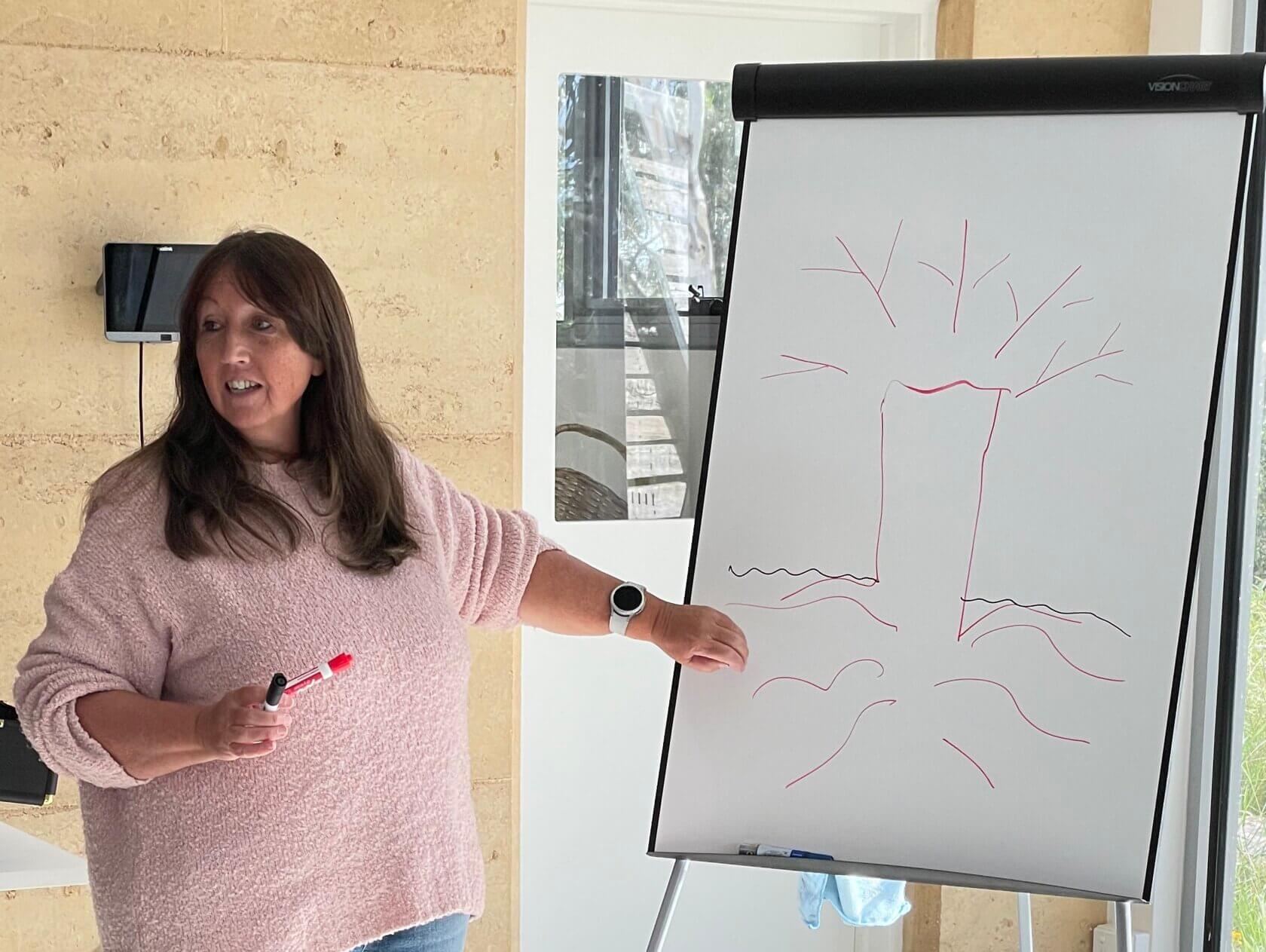
How do you see Mindful Arts Therapy as complementing other treatment programs, including those offered at Hillcrest Adolescent Treatment Center and Beachside Teen Treatment Center?
Mindful Arts Therapy works seamlessly alongside many approaches including meditation, sports, and club activities. Along with those offered at Hillcrest Adolescent Treatment Center and Beachside Teen Treatment Center, it provides adolescents with a toolkit of strategies to manage stress, anxiety, and overwhelming emotions.
By learning to observe their thoughts and feelings without judgment, adolescents can gain a sense of control over their internal experiences. This self-awareness helps them recognize when they are feeling overwhelmed and empowers them to take proactive steps to restore balance and calm.
In addition, Mindful Arts Therapy cultivates a sense of compassion and empathy. Adolescents learn to approach themselves and others with kindness and understanding, reducing conflicts, and fostering healthier relationships. This compassionate attitude also helps them develop a positive self-image and acceptance of their unique qualities even when they are struggling with addictions and not coping with school.
Mindful Arts Therapy enhances adolescents’ ability to concentrate and remain calm. By training their minds to stay present and focused, adolescents can improve their ability to absorb information, solve problems, and complete tasks efficiently. In a world filled with distractions, developing the skill of sustained attention is crucial for academic success and building sustainable relationships at home and in the wider community.
Are there any key takeaways or insights you would like to share with parents and caregivers of teenagers who may be considering this therapeutic approach?
If you are considering Mindful Arts Therapy or art therapy sessions for your adolescent, I would recommend staying open to new ideas. For example, if you see your adolescent drawing an endless pattern of circles or walking in your yard barefoot, always assume there is a greater meaning to it, and that they are not simply wasting time. Remember, Mindful Arts Therapy is about developing life skills during the process, and not producing an astonishing piece of art.
I would also recommend that you allow time for the process to work. No one has ever come out of their first Mindful Arts Therapy session as a completely new person. The changes we all undergo during this process are subtle and sometimes hard to pick. However, in time you will notice minor behavior changes that will amass into something much more positive in the long run.
Never underestimate your adolescent’s ability to change and grow. As human beings, we are very good at labeling one another. I have been working with people for a long time, and it never ceases to amaze me how each one of us has the capacity to change, grow and turn our lives around. When working with adolescents, we are required to practice patience, good humor and kindness.
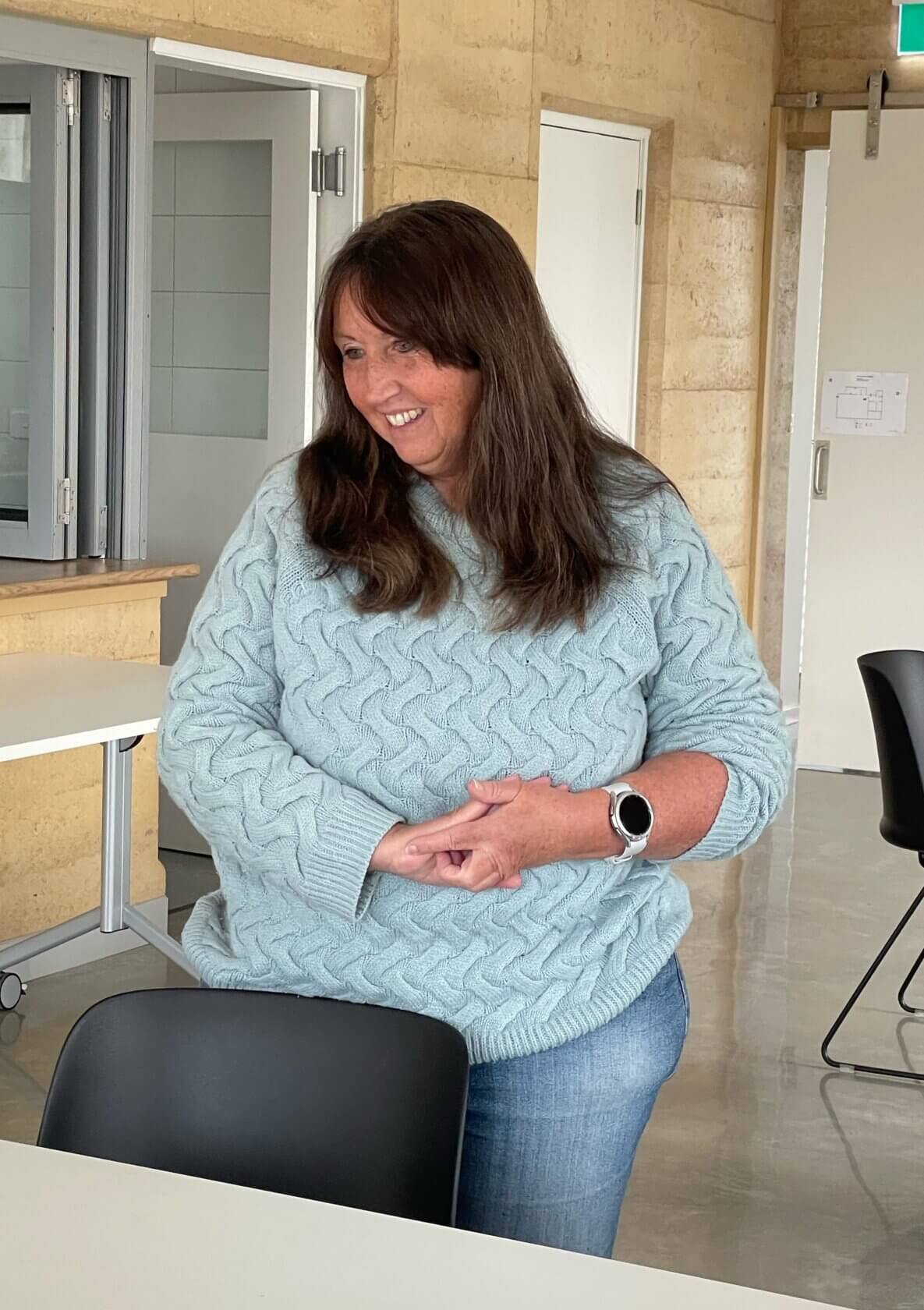
About Susan Day
Susan Day is a Mindful Arts Therapist Practitioner, author and artist. She is enthralled with the power of art and the written word to change the lives of teens and empower them to become emotionally resilient. Susan is in the process of writing a new book, Building Emotional Resilience in Preteens, specifically for parents that showcases the power of Mindful Arts Therapy in building emotional resilience and confidence. You can pre-order this book at the special discounted price here –
Amazon.com: Building Emotional Resilience in Preteens with Mindful Arts Therapy eBook: Day, Susan
Susan has also created art therapy activity books available on Amazon. You are welcome to join her and learn more about the power of Mindful Arts Therapy on her website.
We thank Susan for her time and appreciate the great work she does with Mindful Arts Therapy. For more information on different types of therapies or treatment programs, reach out to our team today so we can support you and your family through any mental health challenges.


